Research
The IBCRF BioBank
& Clinical Database
Advancing research by sharing samples & data
Research of inflammatory breast cancer has been hampered by the lack of an easily accessible, well documented group of IBC patients. Patients are spread out across the country, making it challenging to find an adequate number of patients, in one geographic area, for participation in research.
The IBCRF BioBank & Clinical Database brings patients and researchers into collaboration, encouraging more “bench to bedside” translational research. The BioBank contains tumor and non-tumor DNA, RNA, archival tissue, medical records and other related materials donated by IBC patients for research. This project gives patients the opportunity to participate in important IBC research no matter where they live. All IBC patients are welcome to be a part of this project.
Project History
To address access problems, the Inflammatory Breast Cancer Research Foundation established the IBCRF BioBank and clinical database to provide researchers easier access to the inflammatory breast cancer patient community through biospecimens and clinical data. Launched in February 2005, after protocol approval by Genetic Alliance Registry and BioBank (IRB; Institutional Review Board), it contains patient samples from participants from many locations across the country where patients were diagnosed and treated. In October 2006, the Inflammatory Breast Cancer Research Foundation received a $25,000 Best Practices in Breast Cancer Advocacy Award for the IBCRF BioBank from the National Breast Cancer Coalition. We presented a BioBank poster and gave a talk at the 2007 National Breast Cancer Coalition’s Annual Advocacy Training Conference.
In the Fall of 2019, the IBCRF BioBank and clinical database was moved to Indiana University following approval by their institutional review board (IRB). The Biobank is part of the Total Cancer Care program and IU medical staff oversee the project. The IBCRF samples enhance existing institutional samples, enlarging the collection. This transition assures patients, and their families, that their samples and medical information are handled following strict standards.

